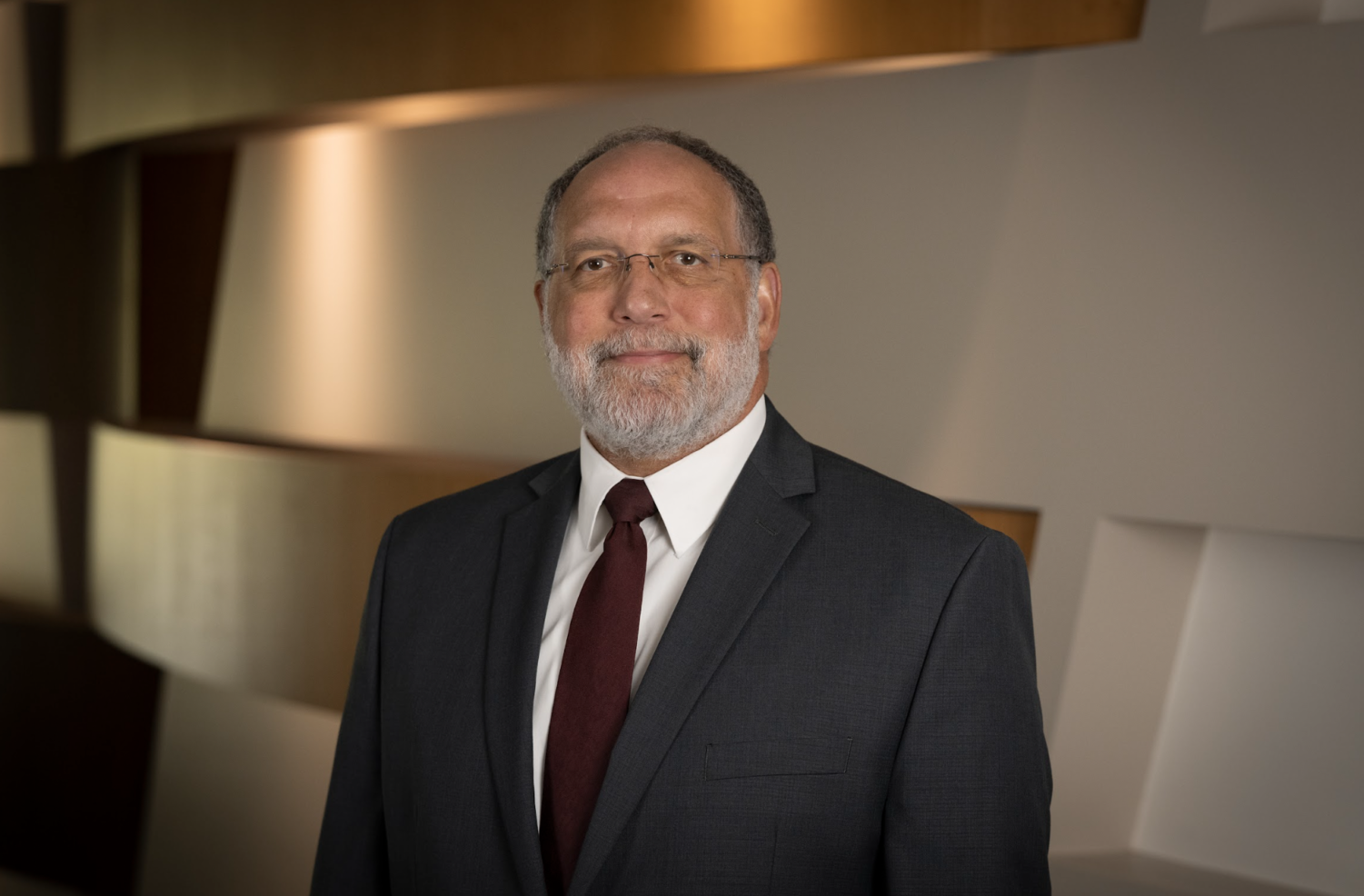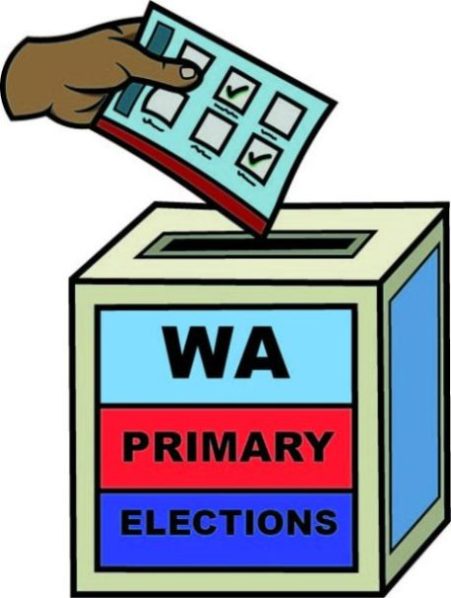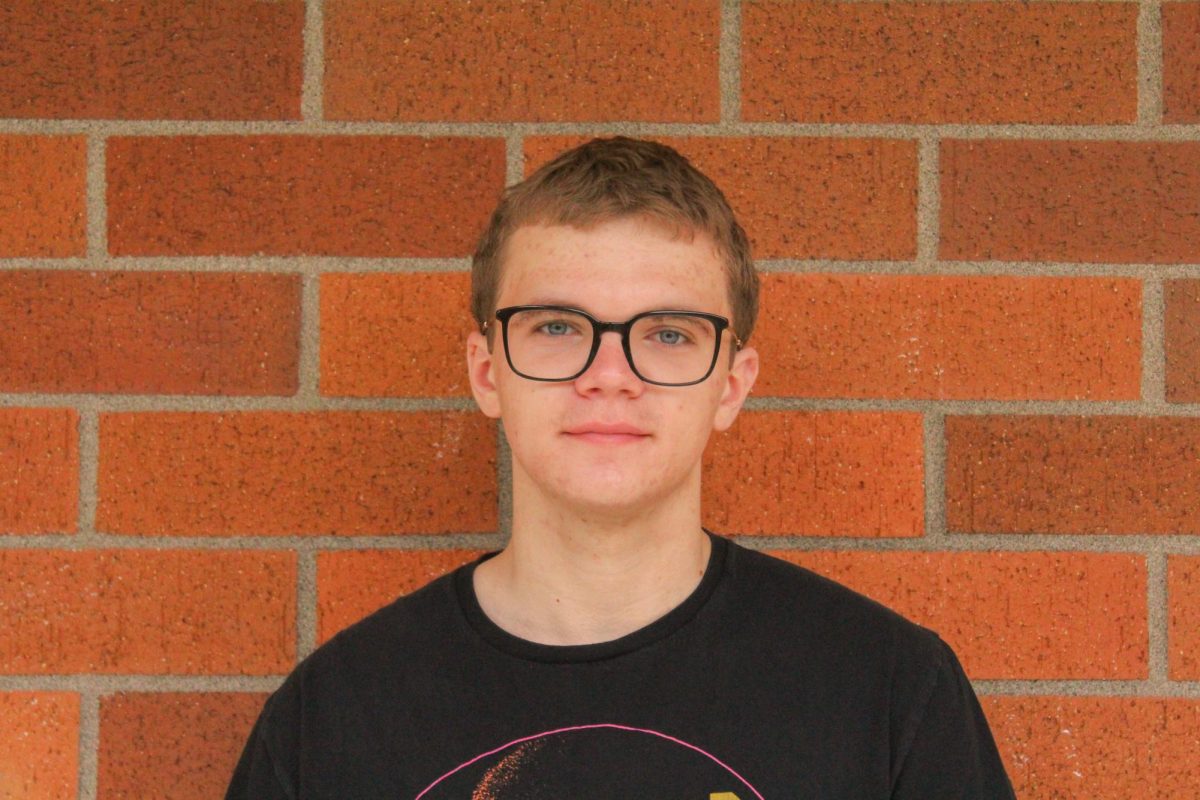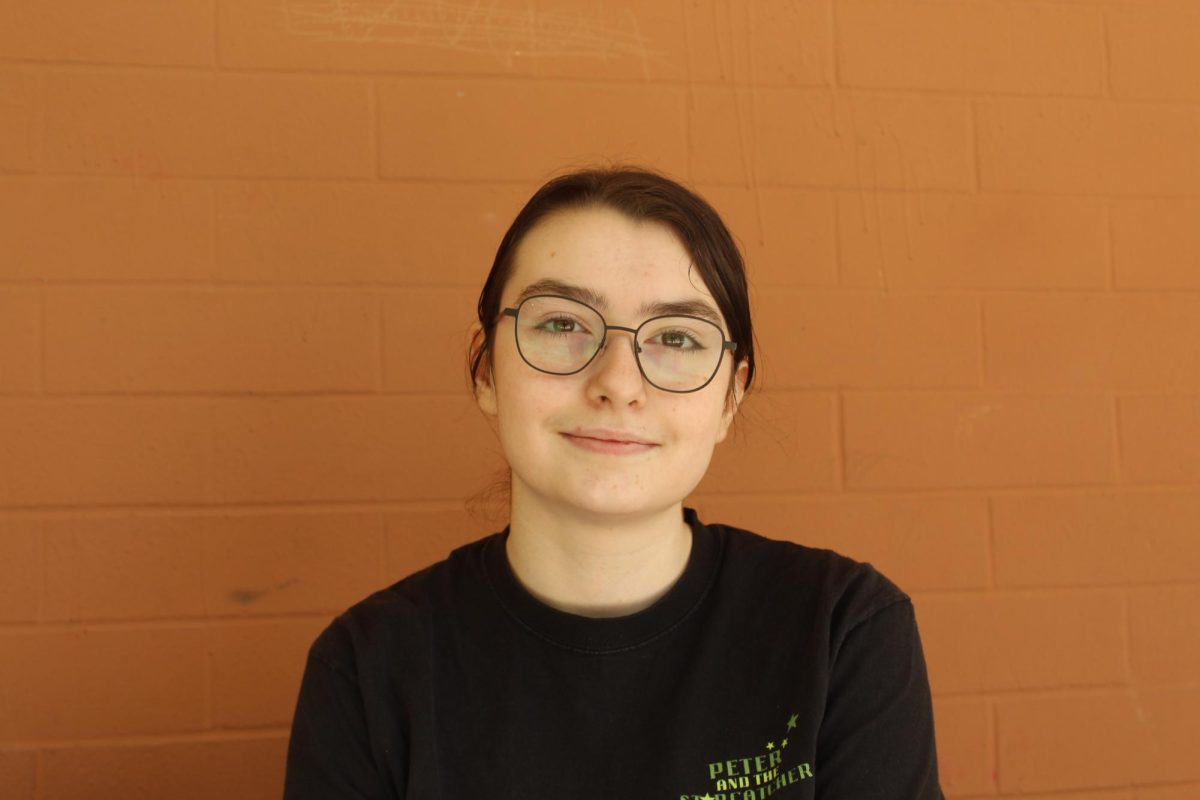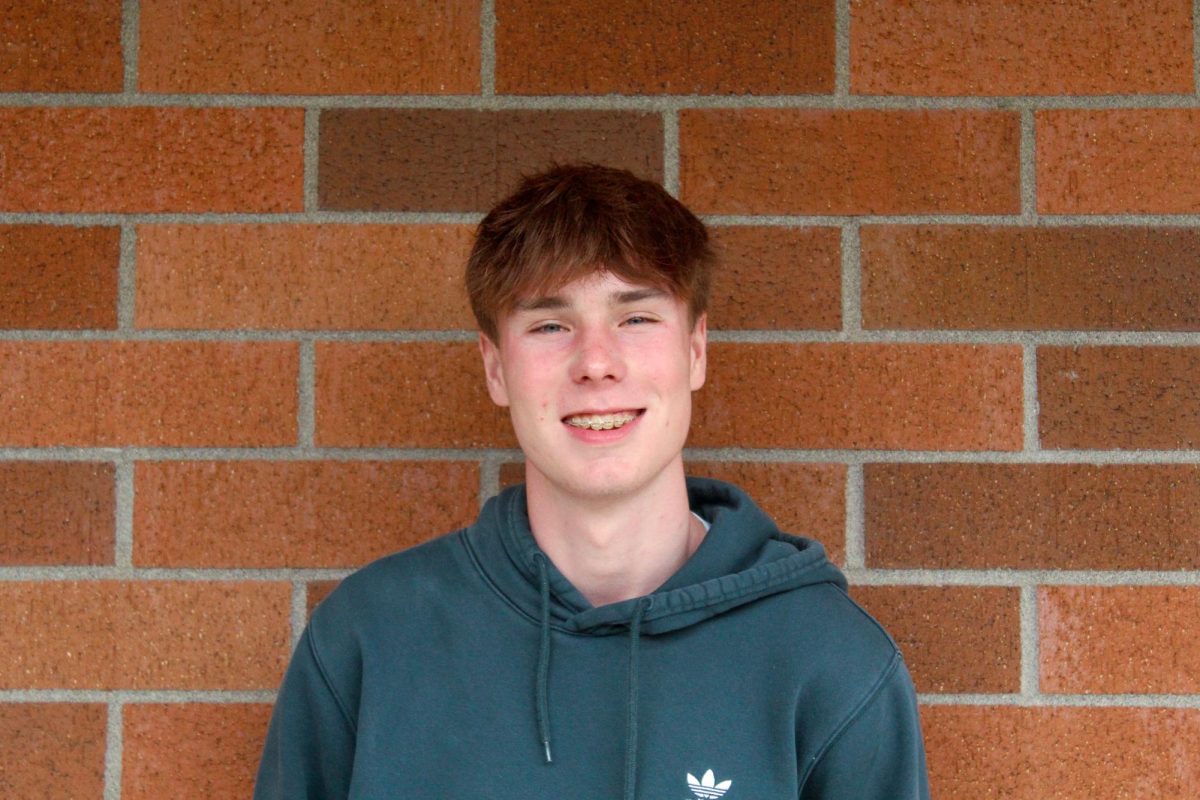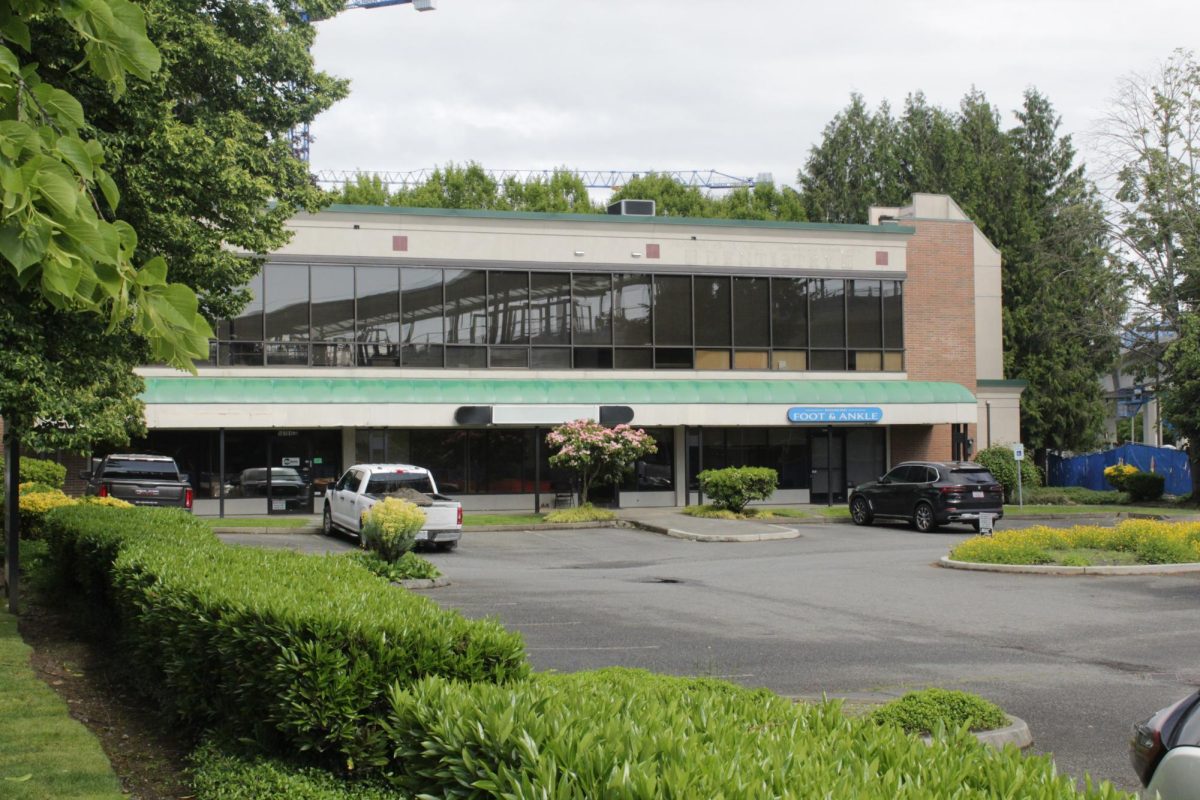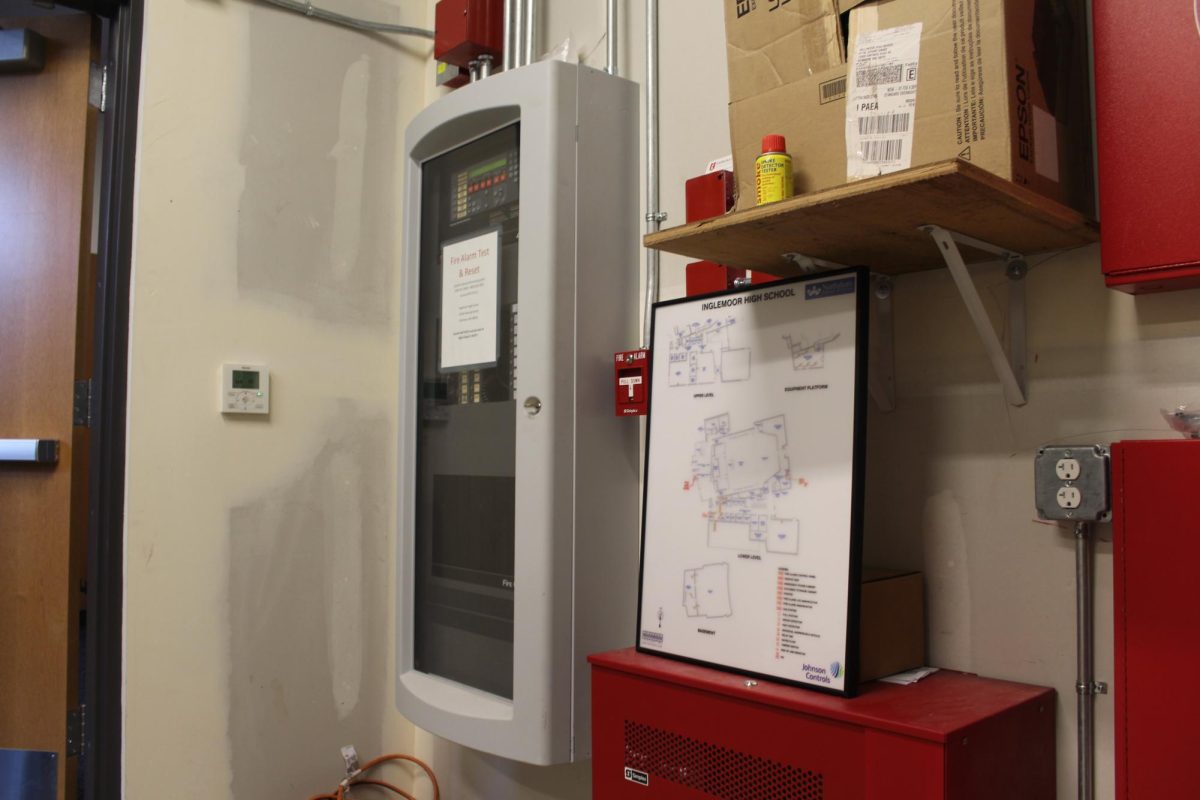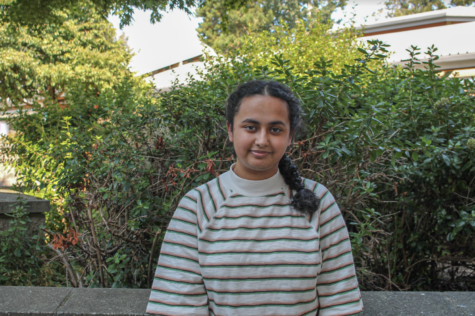On March 17, Michael Tolley (he/him) was appointed Northshore School District’s permanent superintendent, effective July 1. Tolley has been with the district since 2019, previously serving as the East Region Assistant Superintendent from 2019-22 and as interim superintendent for the 2022-23 academic year.
On April 17, Nordic News conducted an in-depth interview with Tolley, covering various topics such as his new role, assessment of the district’s current state and the recent NSD budget cut announcement of $21 million starting next year.
Q: How would others describe you? And do you agree with them?
A: I think others would describe me as a very caring individual who is very committed to my highest values. Integrity is No. 1, and I basically believe in working collaboratively with people and rely on building strong, supportive relationships in support of students and making sure we’re delivering on that work. I would hope people will describe me that way, and I would agree with them. I think there are some people who don’t know me well, and just maybe from my appearance, by my stature, might be a little bit concerned, but once people have a brief conversation with me, they quickly realize, “Oh, this guy’s approachable. He cares and he’s interested. He listens.” But it requires that I reach out and have those conversations.
Q: What do you hope to accomplish in this more permanent position?
A: There are groups of students that we have not served well in the Northshore School District, and we can point to them. We know that our students of color, particularly our Latinx, Hispanic populations, our multilingual learners, our students with disabilities and the LGBTQ population — our data shows that they have not been as successful as other groups of students, and we have to figure out what are the barriers to the success and be very intentional about the work that we do to address that. It’s not something that we can point to one specific thing like, “What’s happening in middle school math or something.”
It is a K-12 concern, and we have to work on all aspects of that. Much of it occurs due to students’ own intrinsic motivation; their own self-efficacy is impacted beginning at elementary school, so we have to be paying attention to what are we doing with our staff at elementary schools to change their mindset and thinking in terms of “How do we deliver and support our students?” Because that then sets our students up for success from the beginning of elementary school and throughout. So there’s work to be done there.
My goal is to address those specific concerns, but I want to also point out that through the lens of equity, we would say that we want to produce equitable opportunities, outcomes for every one of our students. By definition, equity means those that need more get more. At the same time, that doesn’t mean others get less, but we need to make sure that those individuals are served well.
Q: What do you see as the biggest challenges of the school district at this moment?
A: Well, our biggest challenge right this moment is that we have a funding gap that we’re having to address. Unfortunately, we’re needing to reduce our budget going into next year and that means that we have to be even more intentional about what our priorities are and what are we going to invest in. Along with that, what I just talked about, making sure that we are serving our students that need more — they need to get more. So we have to prioritize that even as we’re reducing our budget overall. So that’s our biggest challenge.
Q: What do you think our greatest strength is?
A: Our biggest strength is our students and the diversity of our school district. We were talking about this earlier today, doing more than doing a cabinet meeting. We’re doing interviews for the deputy superintendent position, and at the end of interviews, we typically say, “Hey, so do you have any questions for us?” One of the questions was very similar to this: “What is it that I really appreciate about Northshore School District?” My answer then and now as well is our students. There is unbelievable talent, and we need to continue to nurture that. There are some untapped resources, particularly — again, these students that we have not well served, that we have to continue to develop. That is our strength. But that comes along with their parents and families and bringing them with us in that work as well. The diversity of our whole student population and our whole communities are our strength, but the students in particular.
Q: Particularly about budget cuts, there have been community meetings, where the district has asked the community their questions and concerns about the budget cuts. What are some of the questions or concerns that have come up, and how do you plan to address them?
A: I think the biggest concerns, of course, is the impact that it’s going to have on students in classrooms and those types of things. We have worked with our school board to come up with a set of guiding principles as to how we make decisions in terms of our budget cuts. In order for us to be funded appropriately by the state and federal government, we have to maintain compliance with state and federal law. If we don’t do that, we won’t receive the funds. That’s No. 1. No. 2 was to deliver on the district’s strategic plan, which is the promise we made to the community in terms of what we’re going to provide our students and families in the community overall. No. 3 is to keep the budget — the impacts of the budget reduction — as far away from classrooms, from teachers and from student experiences as possible. As we think through that lens, that’s basically very responsive to what I’ve heard from the community. They were wondering, “What impacts is this going to have on my child’s education in schools?” and my job is to make sure, in response to that and in response to the guiding principles, is to do that. As we’ve gone through the list of initiatives and activities that we do within the district and what adjustments we’re having to make, we are intentionally trying to minimize. Now, granted, if you’ve looked at any of the budget conversations, you know that more than 80% of our budget is people. It was hard to reduce $21 million in our budget while not having some impact on people and possibly on the schools themselves. But even with that said, though, we’re trying to keep it as far away from clashing impacts on students in classrooms.
Q: Are there any major changes you plan to make from being interim superintendent to now being permanent?
A: Well, not without input from parents and students in the community. I have been doing a listening-learning tour throughout the beginning of this year, and there are some clear concerns and challenges that were identified. We’re intentionally making some adjustments based on that feedback. We’re going to do another round of engagement this spring to share what we’ve learned and ask additional questions. I also am interested in doing what I call “reentry plan” and go a little bit deeper in the questions. I’ve been asking, “So what’s going well? What are your challenges and concerns? What are suggestions you have?” and I’ve got quite a bit of information, but I really need to go to the next layer. So, “What are those barriers that are keeping our Latinx and Hispanic students from being successful? What should we be doing about it?” Hearing those answers from students and families is critically important. So if I’m going to make changes, it’s going to be in response to those answers to those types of questions. But to give you a specific example, one of the things we heard a lot about from families — particularly when we were over at Inglemoor — was that families didn’t feel like they were getting information in a timely manner. They knew there were lots of opportunities within the district, but they didn’t know where to go and who to ask. We do a lot of great work with our families throughout our system, but there’s no one place where it’s all organized. You can’t go one-stop shopping, here it is. So that’s what we’re doing. We’re making that change. We’re organizing ourselves as a system to make it possible for families to easily find the information they need. Whether it’s wraparound services for social concerns or academic information for what students need in order to progress from high school to post-secondary, we’re organizing ourselves to put that in place.
Q: What is your vision for the school district?
A: My vision is to actually be responsive to the needs of students in general. At the same time, Northshore School District has a school board that took the last year or so to put together a refreshed strategic plan. That strategic plan gives an outline as to where we’re headed as a system. It literally has a mission and vision statement in it. My job is to deliver “the promise of that strategic plan.” There are five goals within the plan and four or five measures per goal. Those measures are basically saying that “e would expect you to make sure that you continue to increase the percentage of students reading on grade level by the end of third grade” — that kind of stuff. My job is to figure out how to deliver on that. So when you ask, “What’s my vision?” — well, it’s our vision that is the district’s vision that was developed through the work of the school board through the community. Ultimately, my goal is to deliver on that. But in the end, it’s really just making sure our kids, students get what they need when they need it.
Q: In terms of teachers, what strategies do you plan to implement to support teachers’ professional growth and development?
A: Our most important resource in our system is people, and one way to show that you value people is to provide resources for their own growth professionally. We typically think in terms of professional development and those opportunities. I also have another interest in that our younger teachers are part of the generation that needs to see themselves with increasing opportunities within their work environment. The days of a teacher coming into the profession and seeing themselves in the same classroom for the next 20, 30 years — that’s gone. So, we have to provide advancement opportunities for teachers, so they can remain in classrooms teaching but also see themselves growing.
What I’m proposing is that we put together late development stages in the profession. So if you’re a highly trained and high-performing teacher, you should also be given an opportunity to be a mentor teacher to others. You should also be given an opportunity to be a demonstration teacher for unique and different successful instructional practices so people can come in to see what you’re doing. Or you could be a master teacher within the building to provide professional development for your colleagues within the building. So, master teacher, demonstration teacher, mentor teacher roles allow for teachers to see career advancement while still in the teacher profession working with students in the classroom. I wanted to be able to create that in response to this need for not just professional development for professional development’s sake, but also for career advancement.
Q: Is there anything else you would like our readers to know?
A: I feel so privileged to be able to lead Northshore School District at this point in time even though there are lots of challenges. We have a budget concern that we’re going to need to work for, not just for this coming year, but years to come. At the same time, there’s great opportunity for our students in our broader community. We just need to be much more intentional about where we target our resources and how we support that. We need to hold ourselves accountable for delivering on — again — the promise of the strategic plan. I have put into place a research and evaluation department to be able to more effectively monitor our progress and then inform decisions that we make to determine, “Okay, is that working?” and if it is, “Great, let’s do more of that.” If it’s not, we have three decisions to make. Either if it’s so critically important that we want to invest in it some more so that it does work, or do we just leave it alone (which we shouldn’t do)? Or do we just stop doing it and find something that works better? That kind of intentional work is where we’re headed. I’m looking forward to that, and it’s just a great opportunity for me to be able to support. I use this terminology very intentionally: servant leader. My job is to serve the broader community — more specifically, students, and make sure they’re getting what they need.


